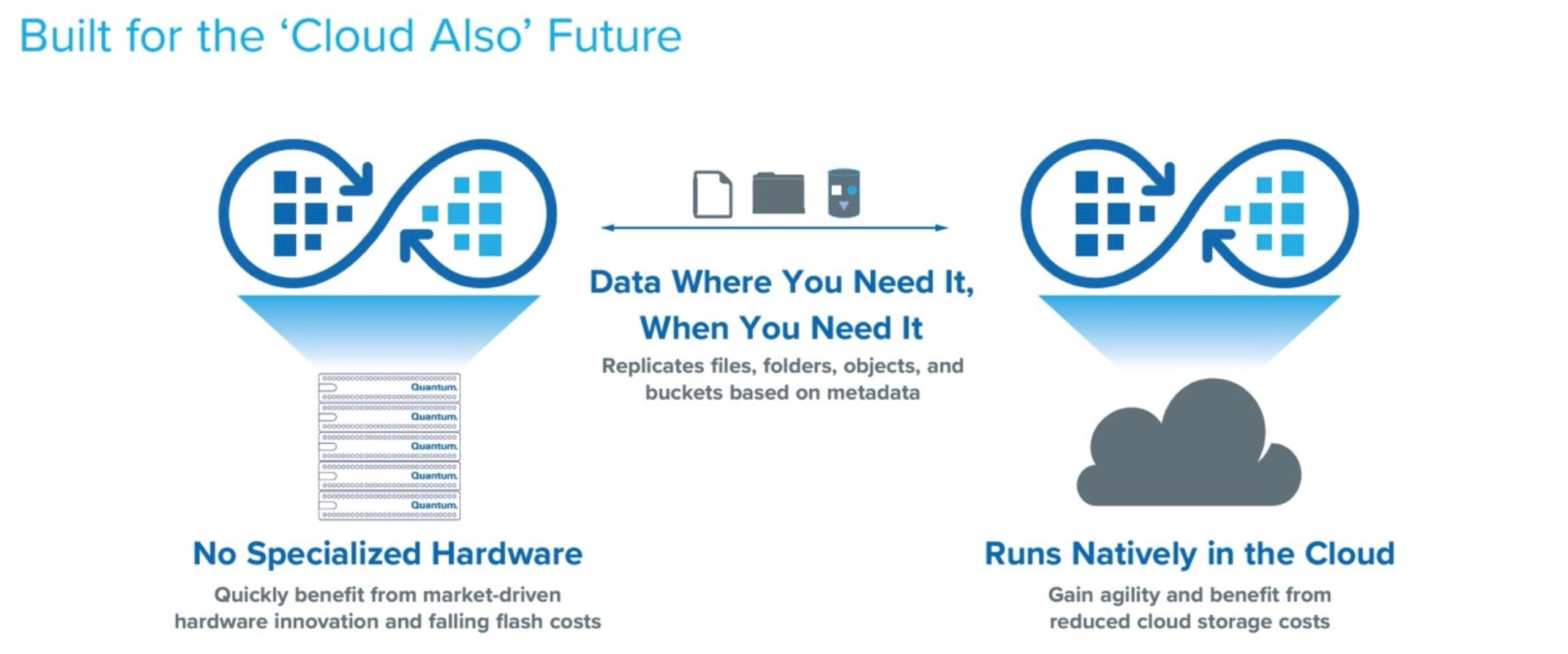
Quantum computers are coming sooner, NVIDIA Corp. CEO Jensen Huang admitted this week, echoing a growing sentiment among some tech leaders and companies that the long-anticipated concept could be available in some form in just a few years instead of 15 to 20 years.
“This is the first event in history where a company CEO invites all of the guests to explain why he was wrong,” Huang joked at a panel on quantum during NVIDIA’s GTC AI conference in San Jose, Calif., on Thursday.
The outspoken Huang sent quantum computing stock spiraling in January when he predicted it would be at least 15 years before the technology would be useful. He said then that the technology was 20 years away.
But on Thursday, he stepped back a bit from the earlier comments and said, “Of course, quantum computing has the potential and all of our hopes that it will deliver extraordinary impact. But the technology is insanely complicated.”
NVIDIA has a vested interest in the technology arriving on a truncated schedule. This week, the company said it will build a research center in Boston, which will include racks of NVIDIA’s Blackwell AI servers, to allow quantum companies to collaborate with Harvard and MIT researchers.
Since Caltech professor Richard Feynman proposed the idea, quantum computing — which uses principles of particle physics to create a new type of computer able to solve problems traditional computers cannot — has tantalized physicists and mathematicians but proved elusive. So far, no quantum computer has yet to best a computer.
In recent days, Huang and other notable tech leaders have acknowledged that quantum could land within several years. In a podcast earlier this week from GTC, former Intel Corp. CEO Pal Gelsinger predicted realizable quantum computing by the end of the decade. “Most of humanity runs on quantum effects,” Gelsinger said.
Guy Diedrich, Cisco Systems Inc.’s global innovation chief, put a timeframe of 2028 to 2032 in an interview with Techstrong.ai on Thursday.
Meanwhile, some of the industry’s biggest players have announced significant strides in developing quantum-related technology.
Last year, Alphabet Inc.’s Google claimed Willow, its latest quantum chip, delivered state-of-the-art performance across a number of metrics, including the ability to do error correction.
Last month, Microsoft Corp. unveiled the new Majorana 1 chip that it says will enable the creation of quantum computers capable of solving “meaningful, industrial-scale problems in years, not decades.”
“A long time ago, somebody asked me, ‘So what’s accelerated computing good for?'” Huang said Thursday. “I said, a long time ago, because I was wrong, this is going to replace computers. This is going to be the way computing is done, and everything, everything is going to be better. And it turned out I was wrong.”

